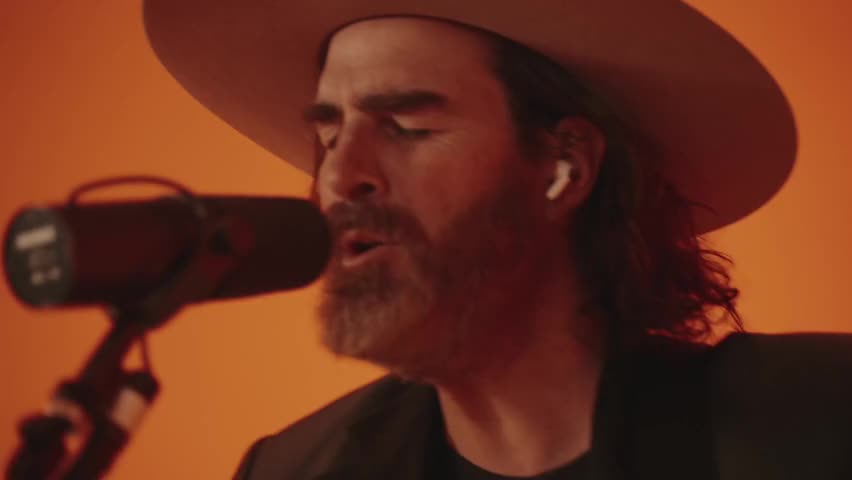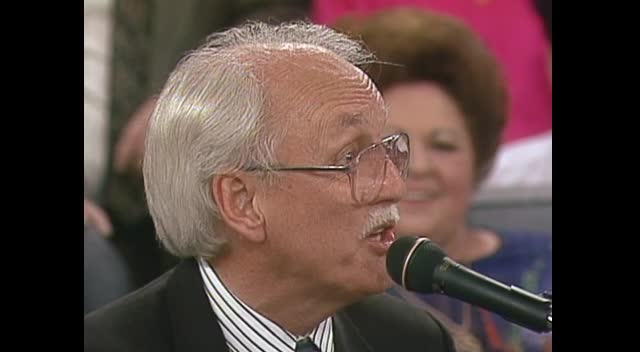An Unlikely Deliverer
Excerpted from the heart of the story by Randy Frazee
"But Moses pleaded with the LORD, "O Lord, I'm just not a good speaker. I never have been, and I'm not now, even after you have spoken to me. I'm clumsy with words."
God wants Moses to return to the city and stand in front of the mighty pharaoh and give a speech that essentially commands Pharaoh to let the Hebrew people go.
Moses, feeling overwhelmed and unqualified, musters up the courage to respectfully decline: “Pardon your servant, Lord. I have never been eloquent, neither in the past nor since you have spoken to your servant. I am slow of speech and tongue . . . Pardon your servant, Lord. Please send someone else.”
You may recall that Moses had a rather unusual cross-cultural childhood. As a baby, he was spared Pharaoh’s death edict on all the firstborn males, thanks to the wise stealth and crafty ingenuity of his mom. Rather than watch him be killed, she places little Moses in a papyrus basket and launches him into the shallow part of the Nile where Pharaoh’s daughter often bathed. Sure enough, the Egyptian princess discovers the tiny boy, and her maternal instinct kicks in.
She adopts him and raises him as her own, a royal prince in her mighty father’s palace. Not a bad series of “lucky breaks,” wouldn’t you say?
However, as Moses reaches adulthood, his privileged treatment ends. One day he sees an Egyptian soldier abusing a Hebrew slave. Fueled by his outrage, Moses kills the Egyptian and then flees to the countryside for his life. He knows that if he steps foot back in the royal city limits, he will be arrested and killed before the first word of the Lord comes out of his mouth.
So our guy Moses stammers and can’t talk well. Has no leadership experience or communication skills. And he is wanted for murder charges in the very place he’ll have to go deliver God’s message! I don’t know about you, but these seem like three pretty good reasons Moses is not a good candidate to be the new secretary of state for the nation of Israel. It’s something like the United States president choosing a migrant worker who picks berries in California to lead a special delegation charged with securing a peaceful release for millions of Americans enslaved by a foreign dictator. Not something we’re likely to see, right?
God sees it differently.
In Lower Story logic, Moses isn’t qualified for such an important task. But in Upper Story understanding, God sees Moses’ weaknesses as providing the best conduit for God’s strength. There is no way for Moses to take any of the credit or for those around him to think his dynamic personality and speaking skills could get the job done. No, the only possible way is through God’s divine power and miraculous provision.
As with our lives, the best thing we can do, even when we don’t feel equipped or adequate, is to say yes to God. So despite his own objections, “Moses took his wife and sons, put them on a donkey and started back to Egypt.”3 Back to the land where he had a bounty on his head. Back to the land where his people toiled as slaves for Pharaoh. Not on a chariot accompanied by an army, but on a donkey.
Not as a celebrated ruler who had fought and won battles, not as a skilled orator and experienced teacher, but as a humble husband and father, as a lowly shepherd.
From our Lower Story perspective, it makes absolutely no sense to choose someone like Moses and entrust him with such an important mission. But our perspective is limited. We seldom see things the way God sees them:
“For my thoughts are not your thoughts, neither are your ways my ways . . .
As the heavens are higher than the earth,
so are my ways higher than your ways
and my thoughts than your thoughts.
As the rain and the snow
come down from heaven,
and do not return to it
without watering the earth
and making it bud and flourish,
so that it yields seed for the sower and bread for the eater,
so is my word that goes out from my mouth:
It will not return to me empty,
but will accomplish what I desire
and achieve the purpose for which I sent it.”4
Moses was one of the unlikeliest people God could ever choose, but as we will see, he is by no means the last. Our job qualifications are a little different from God’s. While we may focus on externals — education, work experience, wealth, and charm — God looks on the inside. The only qualification he looks for in order to accomplish great things through his people is a willing and obedient heart. No matter how many or what kind of obstacles loom in your way, if your heart is humble, open, and willing, God promises you exactly what he promised Moses: “I will be with you.”5 A powerful promise, especially when you are facing the showdown of a lifetime.














